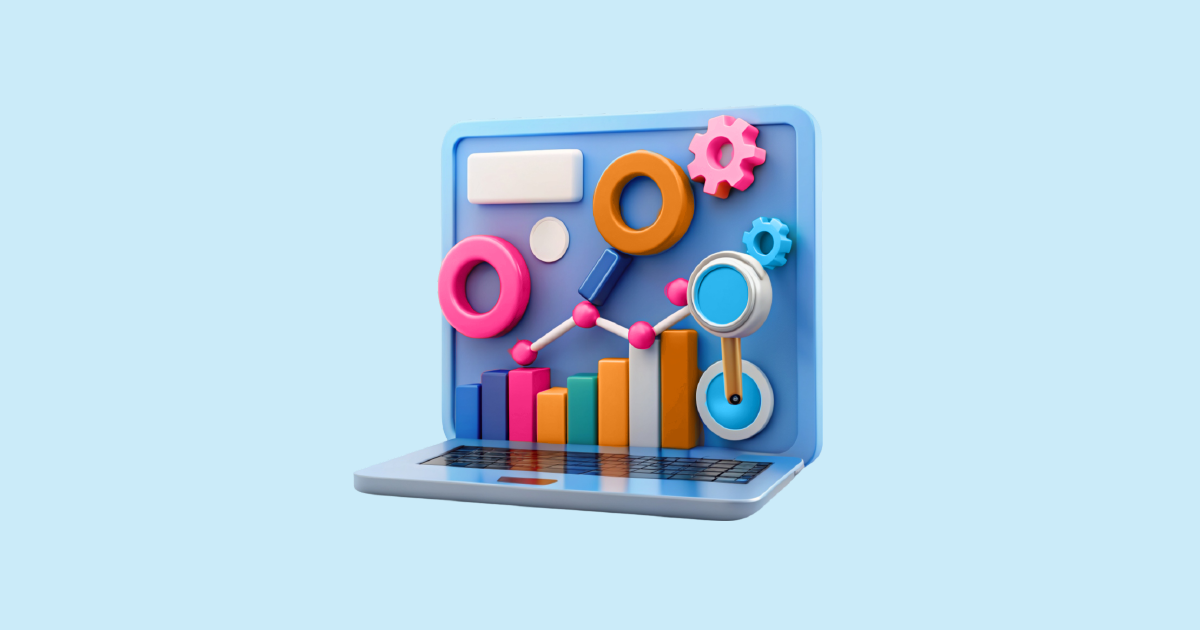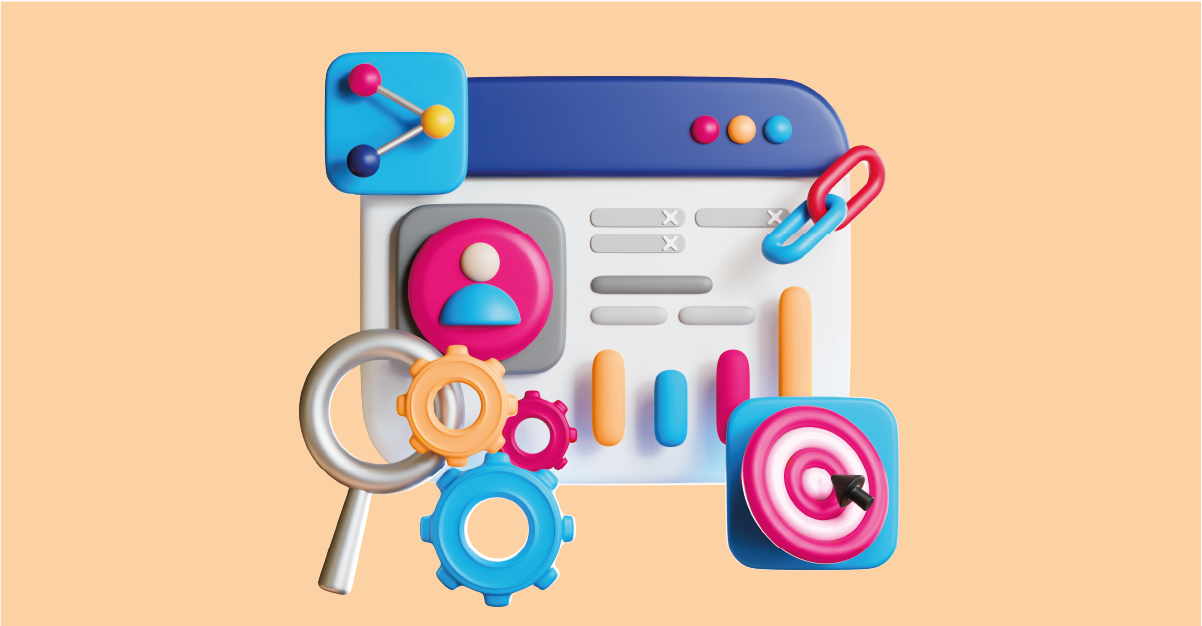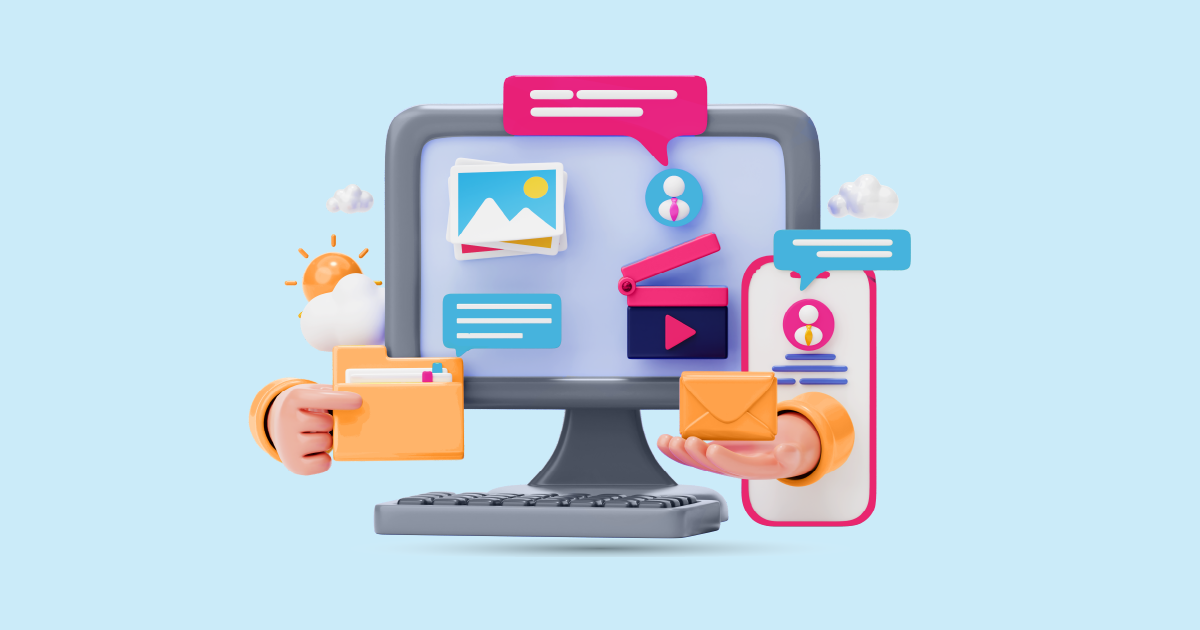In today’s digital landscape, data drives success. But how do you track and optimize your presence on Facebook, a platform with over 2.9 billion users? Enter Facebook tracking tools—the key to understanding how your audience interacts with your content and ensuring your marketing strategies hit the mark.
What Are Facebook Tracking Tools?
![]()
Definition of Facebook Tracking Tools
At their core, Facebook tracking tools are software or platforms that monitor user interactions, ad performance, and other metrics on Facebook. These tools offer businesses real-time insights into what’s working and what needs improvement on their Facebook pages, ads, and content strategies.
Why Do Businesses Use Facebook Tracking Tools?
In today’s fast-paced digital world, simply posting content isn’t enough. Businesses need to understand how their posts perform and how audiences engage. Facebook tracking tools help marketers refine their strategies, maximize their ad spend, and create more meaningful connections with their audience.
Benefits
Real-time Data Insights
Tracking tools provide real-time feedback on how your Facebook content is performing. Whether it’s monitoring audience engagement or ad click-through rates, these tools allow businesses to respond to trends as they happen.
Improved Ad Campaign Performance
A key advantage of these tools is the ability to measure the effectiveness of ad campaigns. By understanding what’s driving clicks, conversions, and engagement, businesses can adjust their ads to be more targeted and cost-effective.
Understanding Audience Behavior
Ever wondered how your audience interacts with your posts? Facebook tracking tools dive deep into user behavior, helping you discover the types of content your audience loves. This knowledge is essential for tailoring future posts and ads to increase engagement.
Enhancing Customer Engagement
By leveraging insights from tracking tools, businesses can enhance customer engagement by posting more relevant content and responding quickly to customer interactions. Engaged customers are more likely to become loyal, repeat buyers.
Key Metrics
Reach and Impressions
Reach refers to the number of people who see your content, while impressions represent how many times your content is displayed. Tracking these metrics helps businesses understand their audience scope and how often their content is viewed.
Engagement Rate
Your engagement rate reflects how your audience interacts with your content. High engagement rates typically indicate that your posts are resonating well with your audience.
Conversion Rate
This metric tracks how many users take a desired action, such as signing up for a newsletter or purchasing a product. Monitoring your conversion rate is critical for measuring the success of your campaigns.
Click-Through Rate (CTR)
CTR measures how many people clicked on your ad or post after seeing it. A high CTR means your content is compelling and relevant to your audience.
Popular Facebook Tracking Tools
Facebook Analytics
The official Facebook Analytics tool offers in-depth insights into user behavior, helping businesses track everything from page views to post engagement. Although Facebook discontinued the stand-alone Analytics tool, its data has been integrated into Meta Business Suite.
Google Analytics for Facebook
Though primarily used for websites, Google Analytics can also track traffic from Facebook by setting up UTM parameters. It’s an excellent tool for businesses that want to monitor how Facebook contributes to website traffic and conversions.
Hootsuite
A favorite among social media managers, Hootsuite not only tracks Facebook performance but also manages multiple social accounts from a single dashboard. Its powerful analytics feature provides detailed reports on audience engagement.
AIM Insights
AIM Insights stands out for its user-friendly interface and advanced reporting capabilities. It offers customizable reports that help businesses dive deep into their Facebook metrics, making it easier to track performance and plan future campaigns.
Buffer
Buffer allows businesses to schedule posts and track their performance in real time. The platform’s simplicity and effectiveness make it a popular choice for small to medium-sized businesses looking to monitor their Facebook presence.
How to Choose the Right Facebook Tracking Tool
Identifying Business Goals
Before selecting a tool, it’s essential to identify your business goals. Are you focused on increasing engagement, improving conversion rates, or both? The right tool will align with these objectives.
Ease of Use and Integration
Some tracking tools are more complex than others. Choose a tool that’s easy to use and integrates well with your existing platforms, whether it’s your website or other social media channels.
Budget Considerations
Tracking tools come in various price ranges. Consider your budget before making a decision, ensuring the tool offers good value for the features provided.
Features to Look For
Some essential features to look for include real-time reporting, detailed metrics, and the ability to track multiple social media platforms beyond just Facebook.
Step-by-Step Guide to Setting Up Facebook Tracking
Installing Facebook Pixel
The Facebook Pixel is a piece of code that tracks actions taken on your website as a result of your Facebook ads. Installing it is the first step in setting up accurate tracking for conversions and audience insights.
Connecting Facebook Ads Manager
Once the Pixel is set up, connect it to Facebook Ads Manager to monitor ad performance. This integration allows you to see how your ads drive traffic and conversions on your site.
Using Third-Party Tools for Enhanced Tracking
Many third-party tools, like Hootsuite and AIM Insights, offer more in-depth tracking capabilities than Facebook’s built-in tools. Using these can give you a fuller picture of your performance.
Common Challenges
Data Overload
With so much data available, it’s easy to feel overwhelmed. Focus on the key metrics that align with your business goals to avoid drowning in irrelevant data.
Privacy and Data Protection Concerns
Facebook has faced scrutiny over its data practices. Ensure that your use of tracking tools complies with privacy laws like GDPR and CCPA to maintain trust with your audience.
Misinterpreting Metrics
It’s easy to misinterpret Facebook metrics. For example, a high reach with low engagement may indicate that your content is not resonating with your audience. Learning how to read and act on these metrics is crucial for success.
Best Practices
Regularly Reviewing Data
Don’t let the data sit unused. Regularly reviewing your Facebook insights ensures that you’re constantly improving and staying ahead of the competition.
Aligning Metrics with Business Objectives
Always tie the data back to your business objectives. Whether it’s growing your brand or increasing sales, make sure your Facebook strategy supports your larger goals.
Adjusting Ad Campaigns Based on Insights
Don’t hesitate to make changes based on what the data tells you. Adjusting your ad campaigns in response to poor performance can save you money and increase your ROI.
Future Trends
AI and Machine Learning Integration
Expect to see more AI-driven tools that predict audience behavior and optimize campaigns automatically, reducing the need for manual data analysis.
Enhanced Predictive Analytics
Predictive analytics will allow businesses to forecast trends, helping them stay ahead in the ever-evolving digital landscape.
Automation in Data Analysis
As automation grows, tools will become smarter and more efficient, enabling businesses to focus on strategy rather than sifting through data manually.
Conclusion
Facebook tracking tools are indispensable for any business looking to make the most out of its social media presence. By using the right tools, tracking key metrics, and staying adaptable to the data, businesses can create highly effective marketing campaigns that resonate with their audience. Ready to optimize your Facebook strategy? Get started today by requesting a demo from AIM Technologies and see how our cutting-edge solutions can help you take your Facebook performance to the next level!
FAQs
What is the best free Facebook tracking tool?
- Hootsuite and Buffer offer excellent free versions for basic Facebook tracking needs.
How do I track conversions on Facebook?
- Install the Facebook Pixel and monitor conversions through Facebook Ads Manager.
Can Facebook tracking tools track competitor ads?
- Yes, some tools like Sprout Social offer competitor analysis features.
Is Facebook Pixel still useful in 2024?
- Absolutely, it remains a powerful tool for tracking user behavior on your website.
How can I improve my Facebook ad performance using tracking tools?
- By analyzing metrics like CTR and conversion rate, you can adjust your ads for better targeting and effectiveness.



